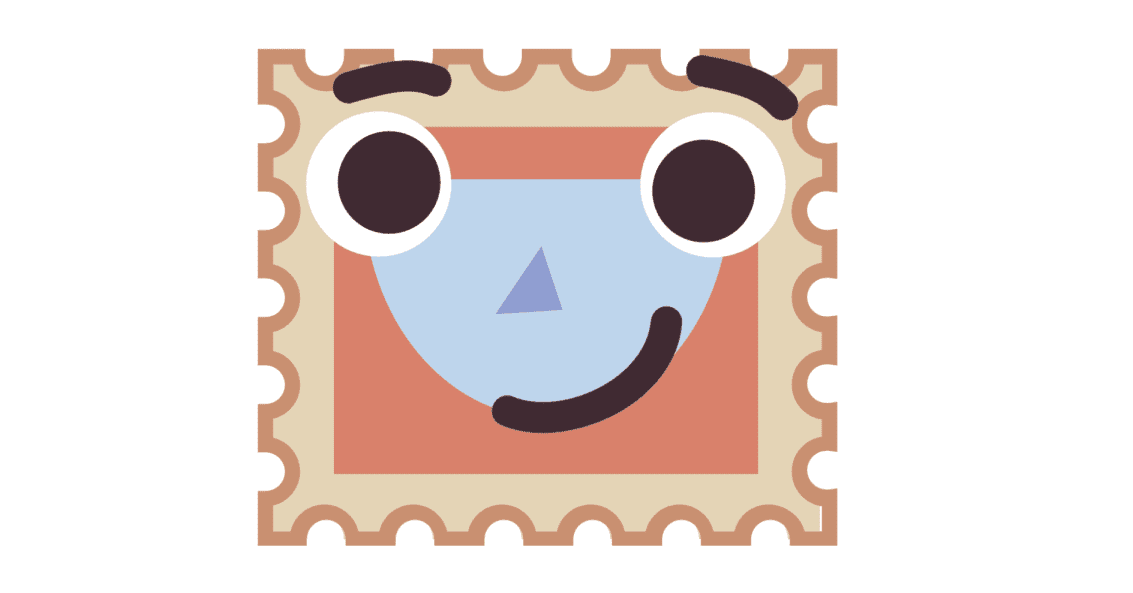tl;dr: Contribute to aisafety.info by writing and editing articles from August 25 to August 28 to win prizes! - Register here and see the participant guide here.
What is the format of the event?
The event will run from Friday August 25th, 7am UTC to Monday August 28th 2023, 7am UTC. See here for more details about the schedule. You are invited to participate throughout whichever parts of those days fit your schedule.
Collaboration on the event will take place on Discord as well as on gather.town. I’ll be online for most of those three days to lead the event and answer any questions. We encourage people to work together on entries during that time, but for one individual to be in charge of each entry.
Are there prizes?
Yes! There will be prizes of $1000, $600, $300, and $100 for the top four contributors, and $200 for one randomly chosen (serious) entrant.
The main criteria we’ll use to select winners are submitting good articles and making valuable edits to articles in progress. Contributions will also count towards applications for any future fellowships we run.
Should I participate?
- You should participate if you’re interested in contributing to AI safety (but perhaps don’t know where to start or how much you can commit). We think of helping with aisafety.info as ‘legitimate peripheral participation’ - where you can meaningfully contribute even if you’re relatively new, without making huge commitments.
- You should participate if you’re interested in working on distillation - writing clear explanations for AI safety and other technical concepts.
- You do not have to have a high level of technical knowledge to participate. There are a wide range of questions to work on, some of which are intended to explain basic concepts to those who have never even heard of AI safety.
I'm busy between Aug 25th and 28th - can I still participate?
You can write or edit articles in any contiguous three-day period between today and August 28th–for example, next weekend.
Alternately, we will be running another event in September - look out for the announcement!
What is aisafety.info?
Stampy’s AI Safety Info is an interactive FAQ started by Rob Miles that aims to be the best one-stop source of information about AI existential safety, gathering summaries and links on each of hundreds of subtopics.
If you want to help out in some other way, aisafety.info welcomes donations (details soon), volunteer editors, and volunteer coders.
If you have questions about the event or anything else, feel free to ask in the comments or message me here or on Discord (Siao).

